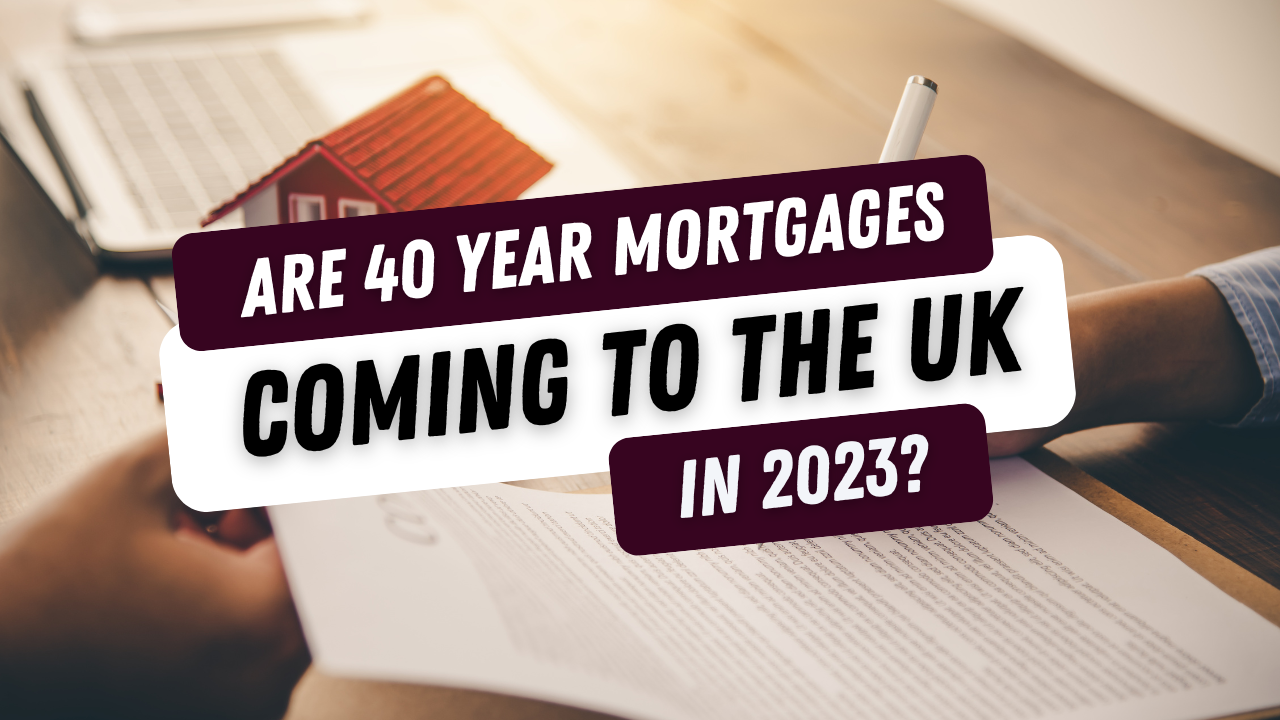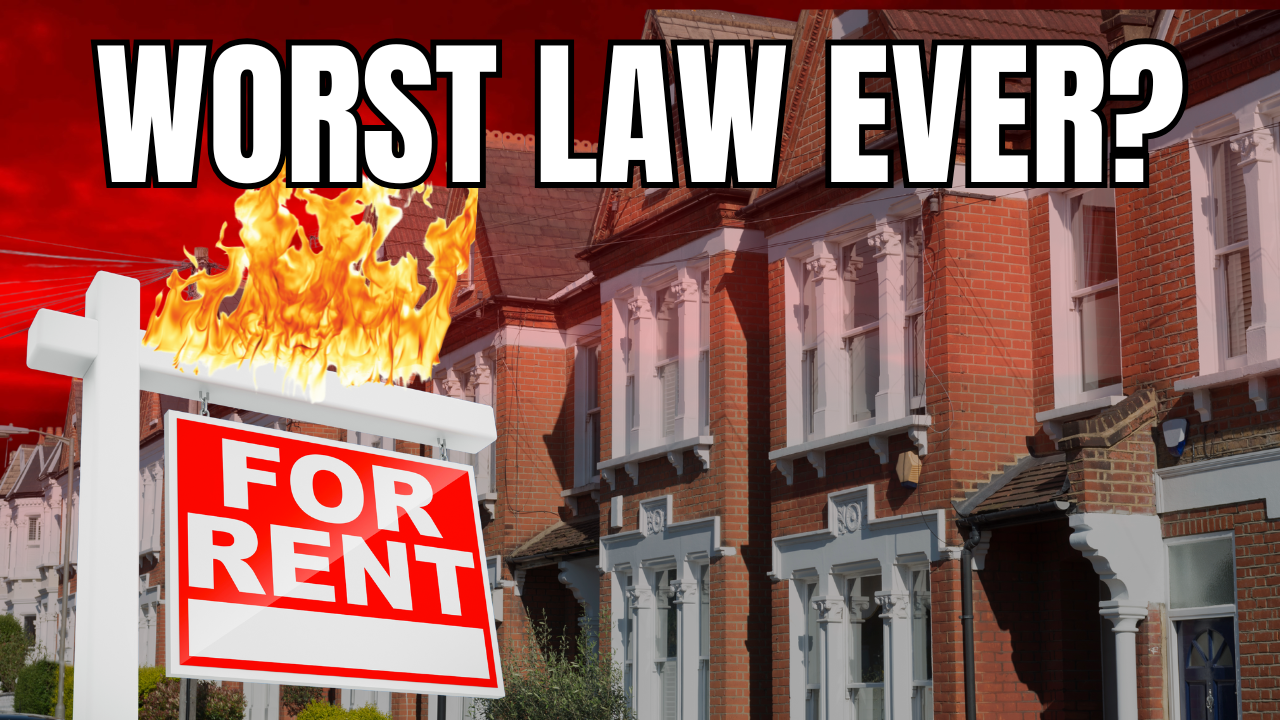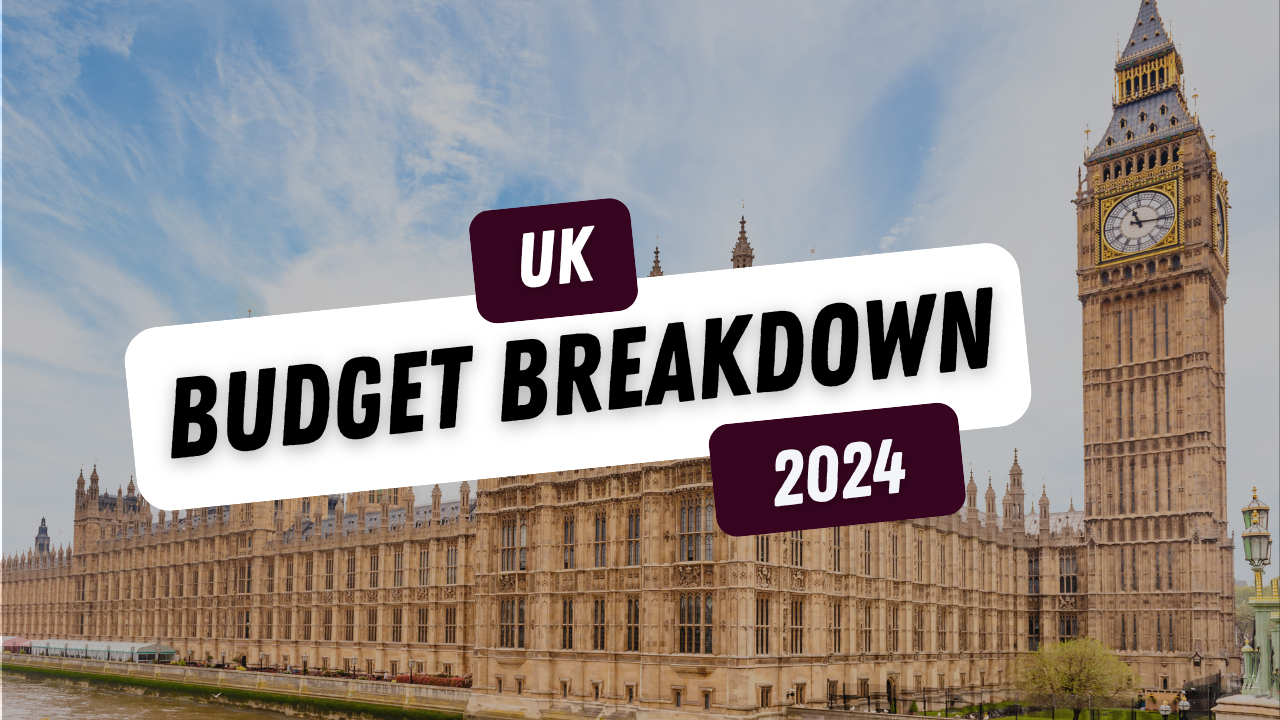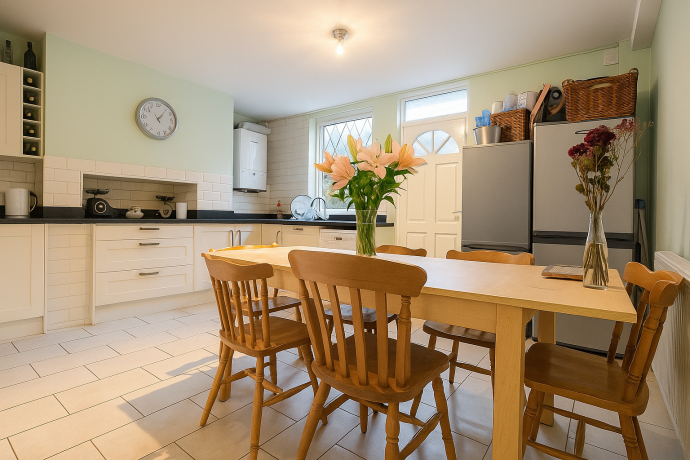
A 40-year mortgage is a type of mortgage that spreads out the payments for the loan over a period of 40 years, instead of the traditional 25 years. This extended period of time means that the monthly payments are much lower, but overall, the homeowner will pay much more in interest over the life of the loan.
There are both pros and cons to a 40-year mortgage. The biggest advantage is that the monthly payments are significantly lower, which makes homeownership more affordable for many people. This can be especially helpful for first-time homebuyers who may be struggling to save up for a deposit and other associated costs, like renovations.
However, there are also some significant drawbacks to a 40-year mortgage. One of the biggest is that the total amount paid in interest over the life of the loan is much higher than with a traditional 25-year mortgage. This means that homeowners may end up paying significantly more for their home over time. Additionally, because the loan term is longer, it can take longer for homeowners to build equity in their home, which can be a disadvantage if they want to sell or refinance their home later on.
Despite these potential drawbacks, there is increasing speculation that 40-year mortgages may be coming to the UK. One of the main reasons for this is the ongoing issue of affordability in the housing market. With property prices continuing to rise in many parts of the country, more and more people are finding it difficult to save up for a deposit and to make the monthly payments on a traditional 25-year mortgage.
Another factor driving the interest in 40-year mortgages is the changing demographics of the UK population. With more people living longer and working later in life, there is a growing demand for mortgage products that can accommodate these changing needs. For example, many older homeowners may prefer to take out a longer-term mortgage in order to keep their monthly payments low and manageable as they approach retirement age.
This concept would have a significant impact on current UK landlords if it were to be introduced. The longer mortgage term would result in lower monthly repayments, which could make it easier for people to buy a property to rent out. However, it could also lead to an increase in property prices, making it more difficult for landlords to acquire new properties. Additionally, the longer mortgage term could result in a greater amount of interest paid over the life of the loan, reducing the overall profitability of rental properties. Landlords would need to carefully consider the financial implications of a 40-year mortgage and weigh up the potential benefits and drawbacks before making any decisions.
Of course, it remains to be seen whether or not 40-year mortgages will become a widespread option in the UK. There are certainly pros and cons to this type of mortgage, and it will be up to individuals to weigh these factors and decide whether or not it is the right choice for them. However, given the ongoing challenges facing many potential homebuyers in the UK, it is clear that there is a growing demand for more flexible and affordable mortgage products. Whether or not 40-year mortgages will be the solution to this issue remains to be seen, but it is certainly a trend worth watching in the coming years.















